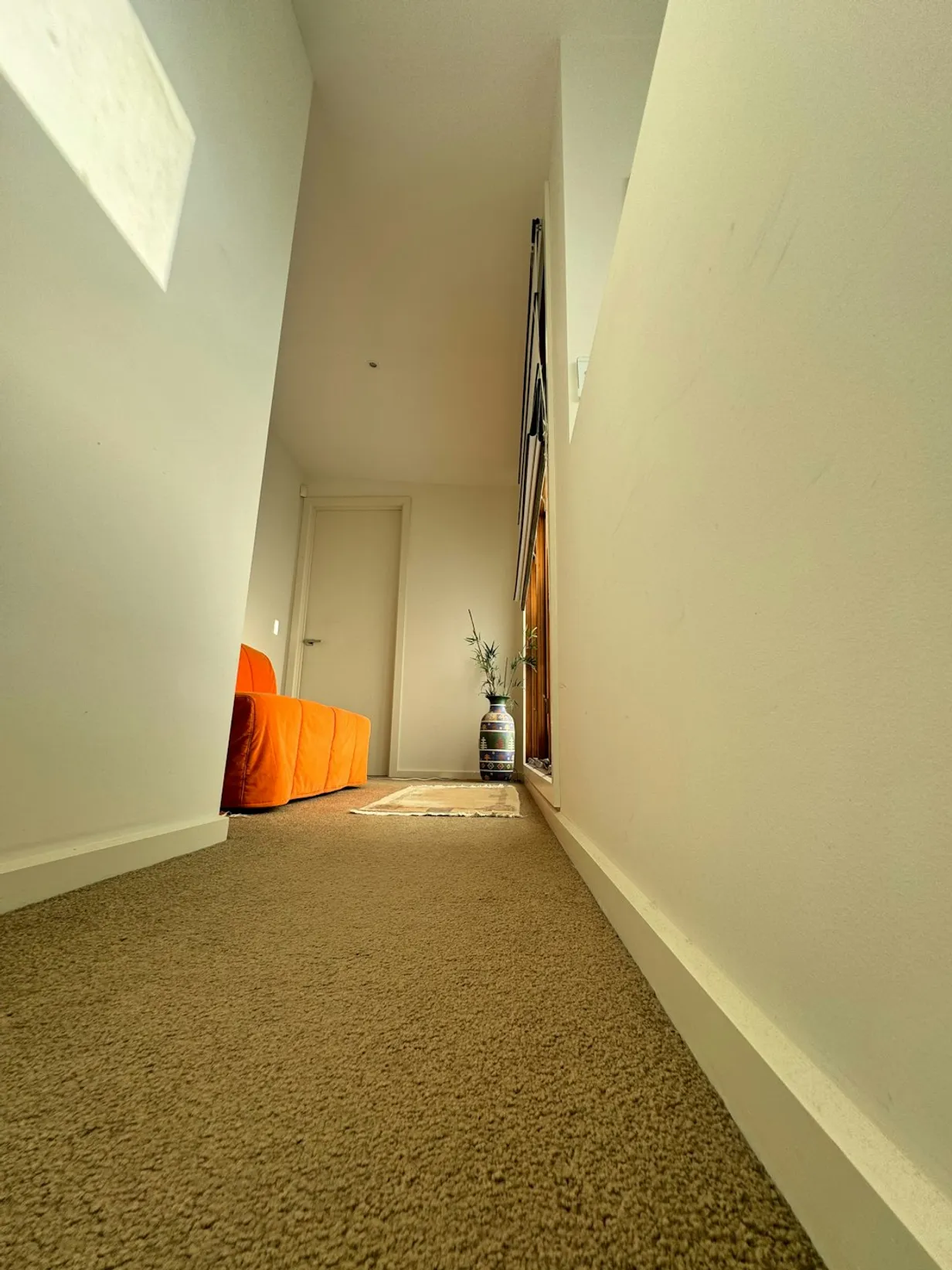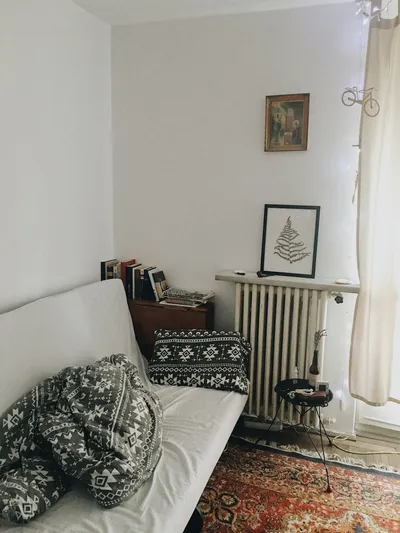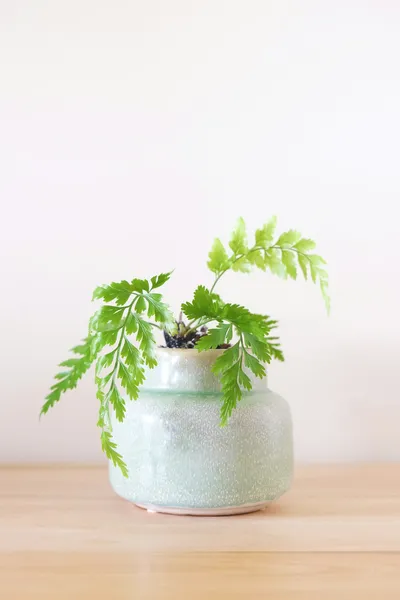The Importance of Sustainable Flooring
When it comes to designing a minimalist home, choosing the right flooring is crucial. Not only do you want your space to reflect simplicity and elegance, but you also want your choices to support a sustainable lifestyle. Flooring is a significant element in any home, and opting for eco-friendly materials can make a substantial difference in your carbon footprint.
1. Bamboo Flooring
Why Bamboo?
Bamboo is one of the most popular eco-friendly flooring options due to its rapid growth rate and renewability. Unlike traditional hardwoods, bamboo can regrow to full maturity in just a few years. It's durable, stylish, and perfect for a minimalist aesthetic.
Benefits
- Highly renewable resource
- Durable and long-lasting
- Available in various finishes and styles
2. Cork Flooring
The Perks of Cork
Cork is harvested from the bark of cork oak trees, which can be stripped without harming the tree. This process allows the trees to continue growing and providing a sustainable source of material. Cork flooring has a unique, natural look that adds warmth and texture to minimalist interiors.
Benefits
- Harvested sustainably
- Naturally anti-microbial
- Excellent insulation properties
3. Reclaimed Wood Flooring
Giving Wood a Second Life
Reclaimed wood flooring repurposes old wood from buildings, barns, and factories. This choice not only gives the wood a new lease on life but also reduces the demand for virgin materials. Reclaimed wood adds character and a sense of history to minimalist homes.
Benefits
- Reduces waste
- Unique, historical aesthetic
- Durable and versatile
4. Linoleum Flooring
A Classic Choice
Often confused with vinyl, true linoleum is a natural flooring option made from linseed oil, pine resin, cork dust, and other sustainable materials. It's been around for over a century and offers a resilient, eco-friendly option for modern homes.
Benefits
- Made from renewable resources
- Naturally biodegradable
- Durable and low-maintenance
5. Recycled Rubber Flooring
Innovative and Durable
Recycled rubber flooring is made from old tires and other rubber products, transforming waste into highly durable flooring material. This option is particularly suitable for high-traffic areas and provides excellent slip resistance.
Benefits
- Repurposes waste materials
- Highly durable and slip-resistant
- Soft underfoot and noise-reducing
Making the Right Choice
When choosing eco-friendly flooring for your minimalist home, consider factors such as durability, style, and the sustainability of the material. With the right flooring, you can create a beautiful, functional space that aligns with your values of simplicity and environmental responsibility.
Like our design see our other topics
We have helped find related design topics for you to help your searches at Plain Jane designers




